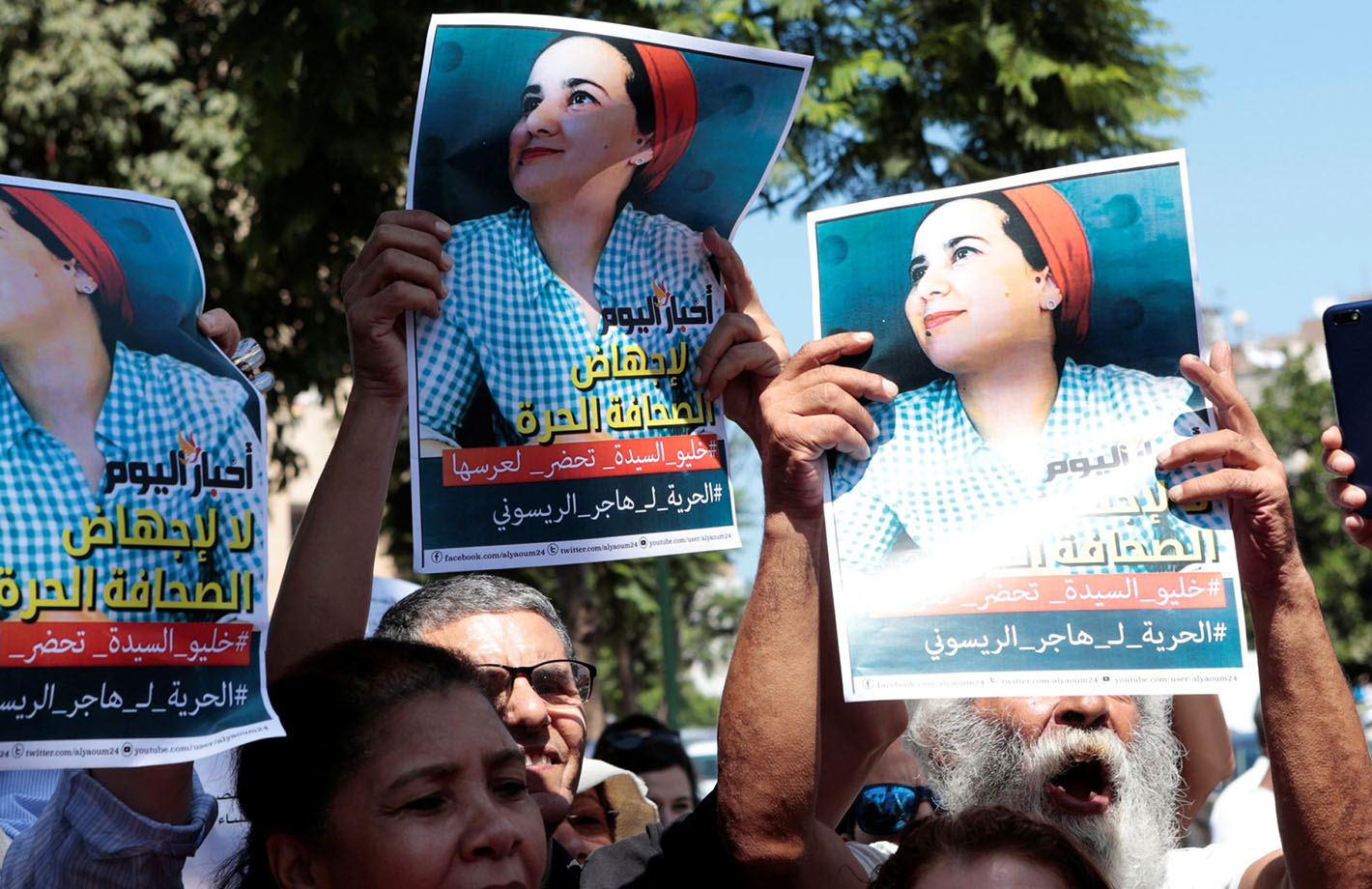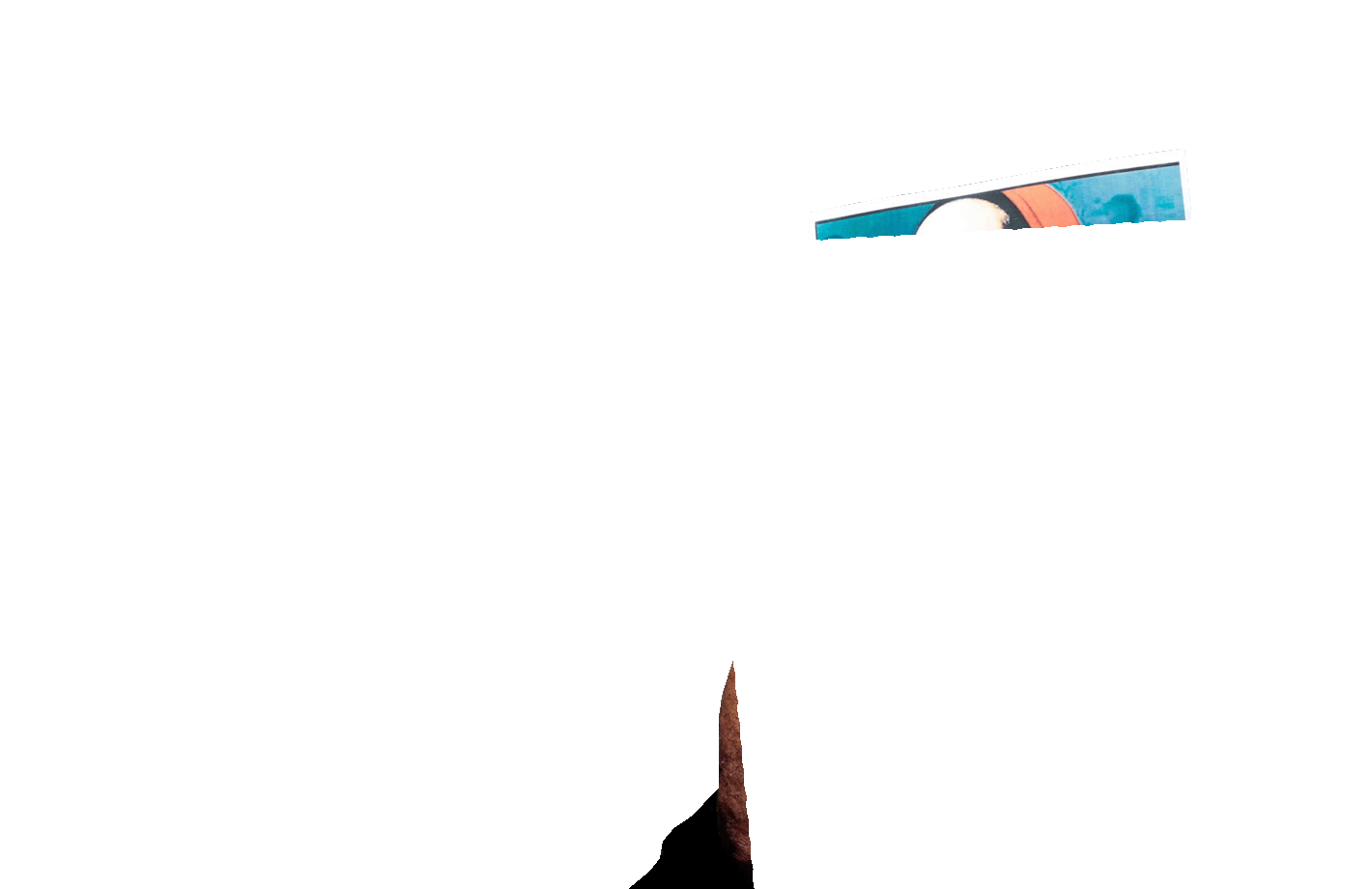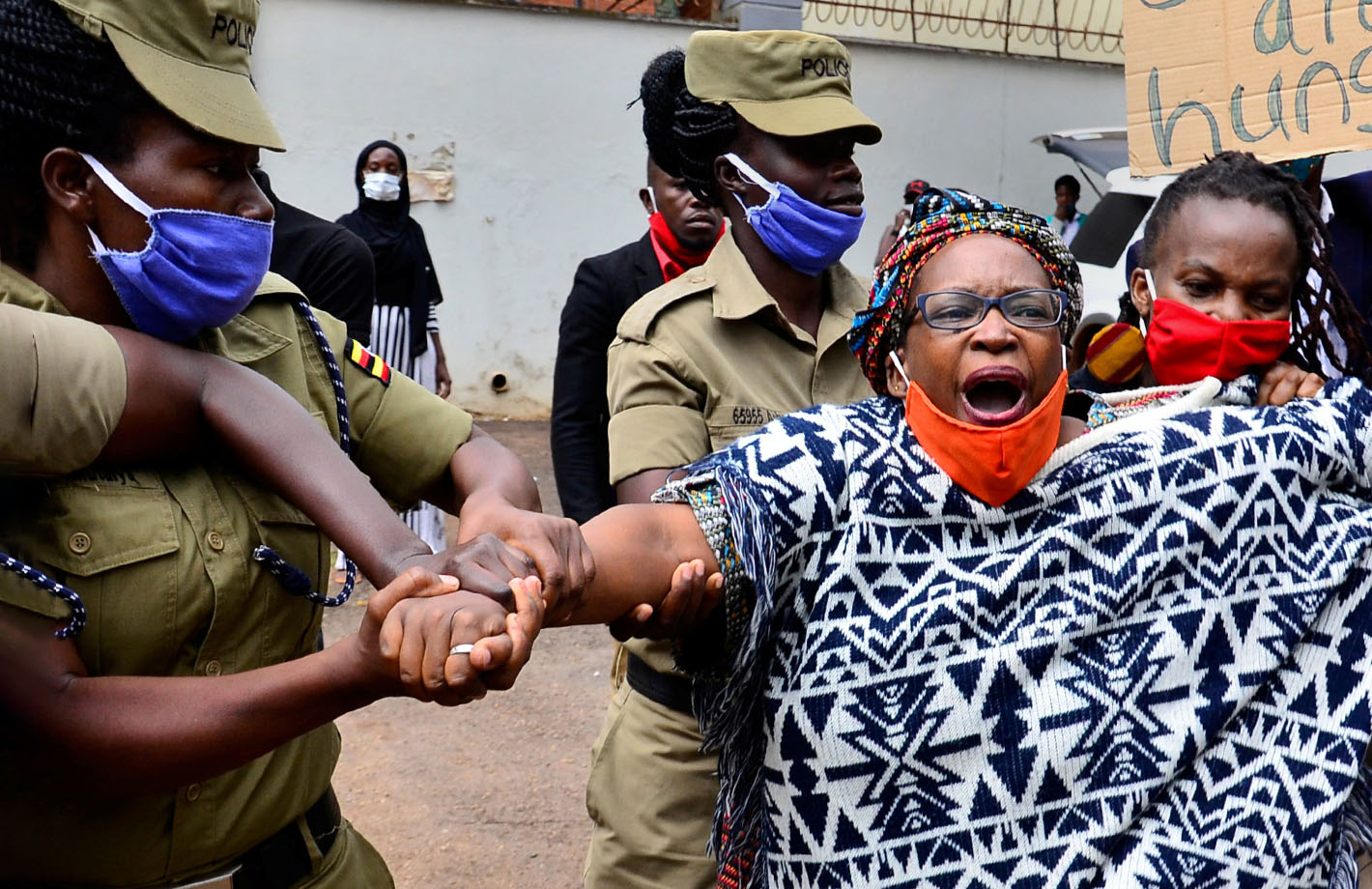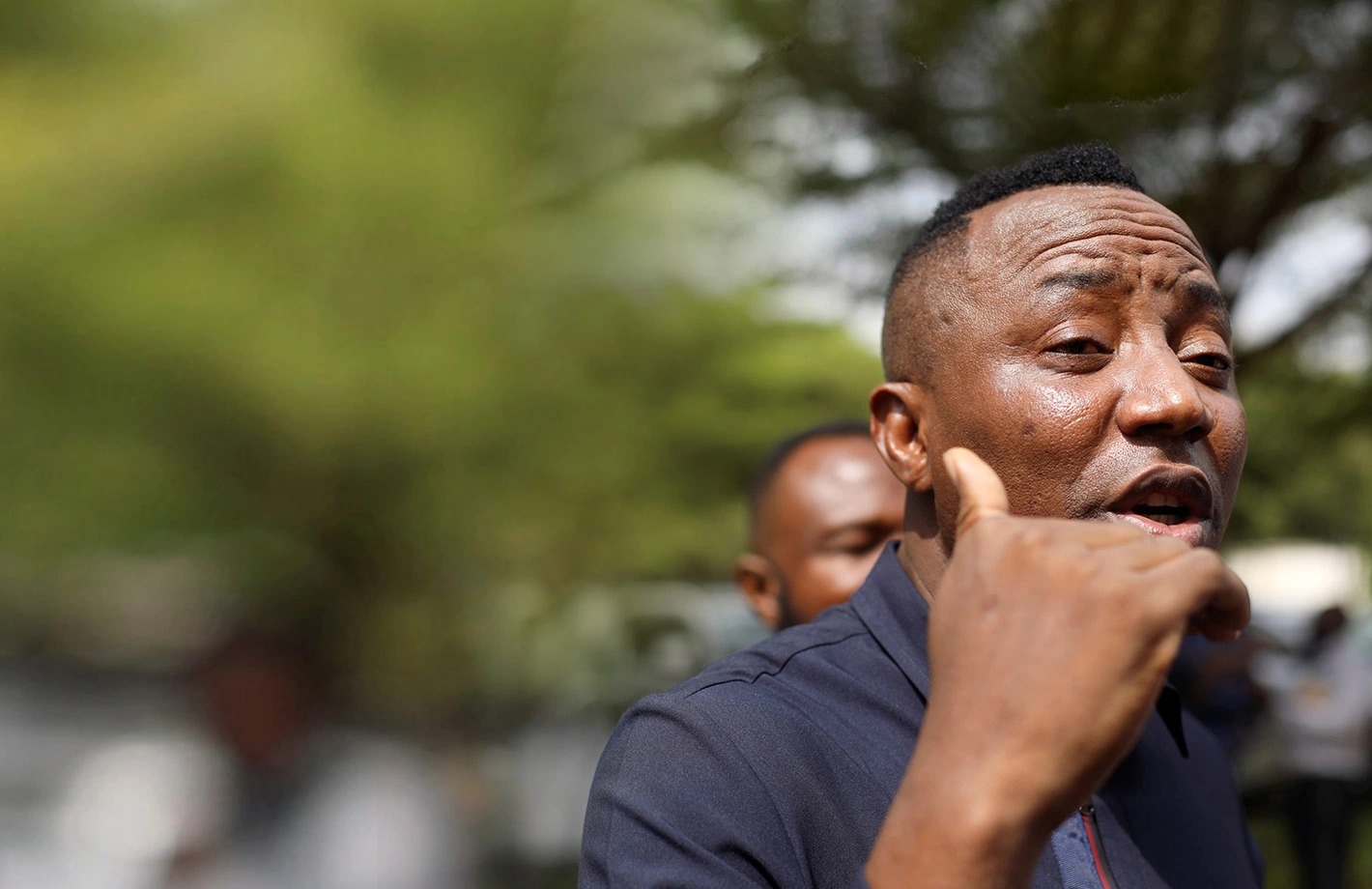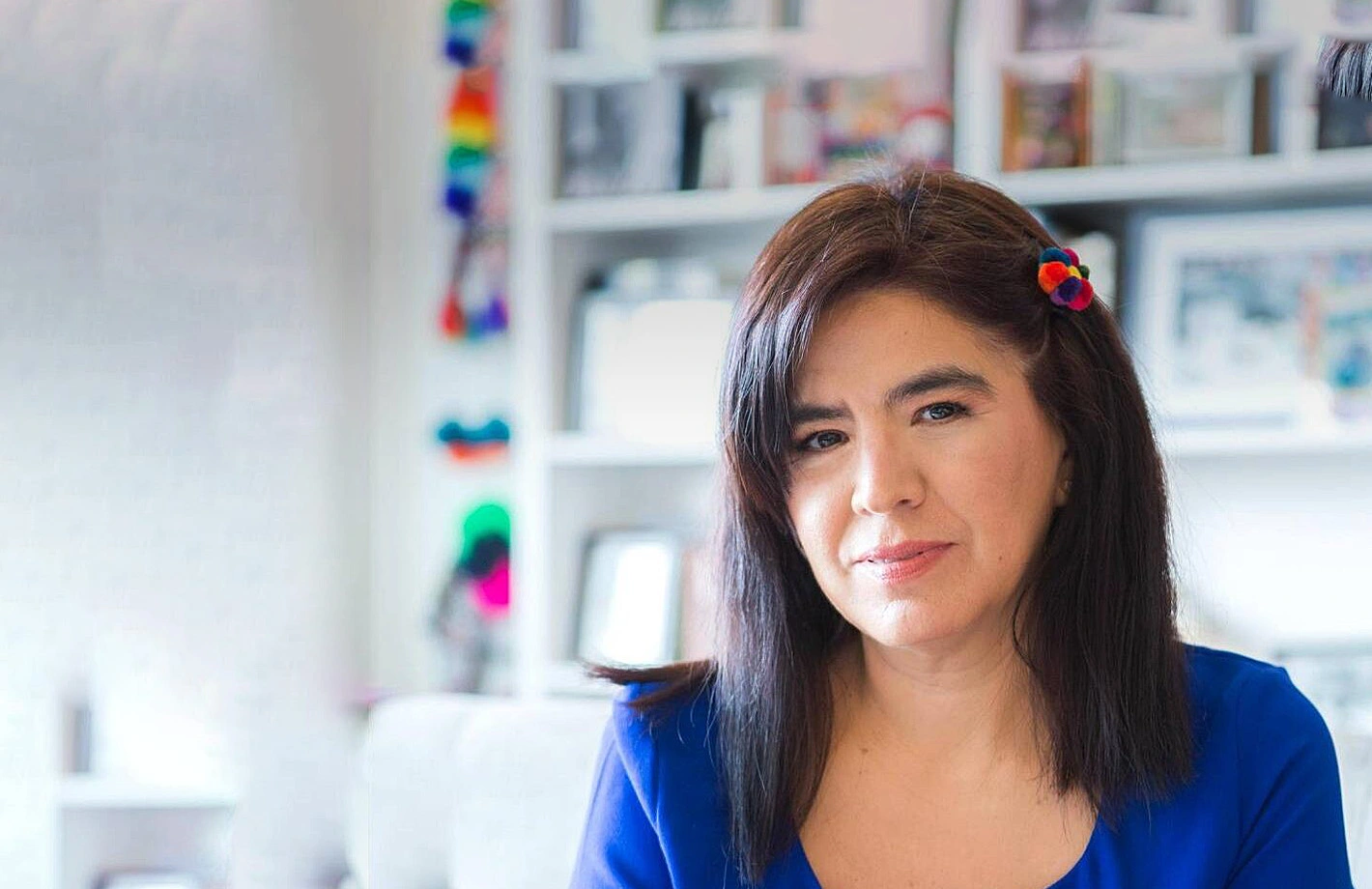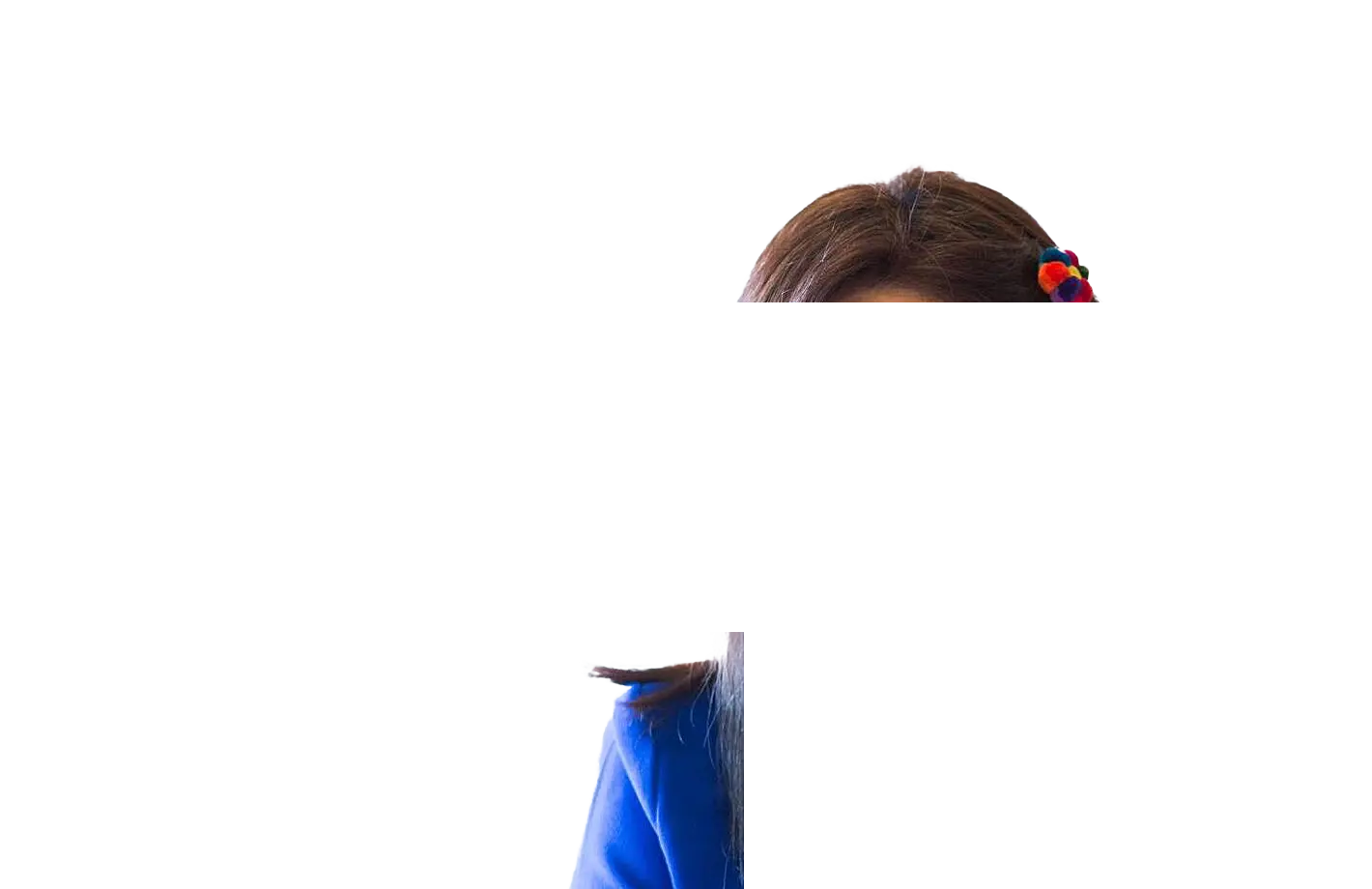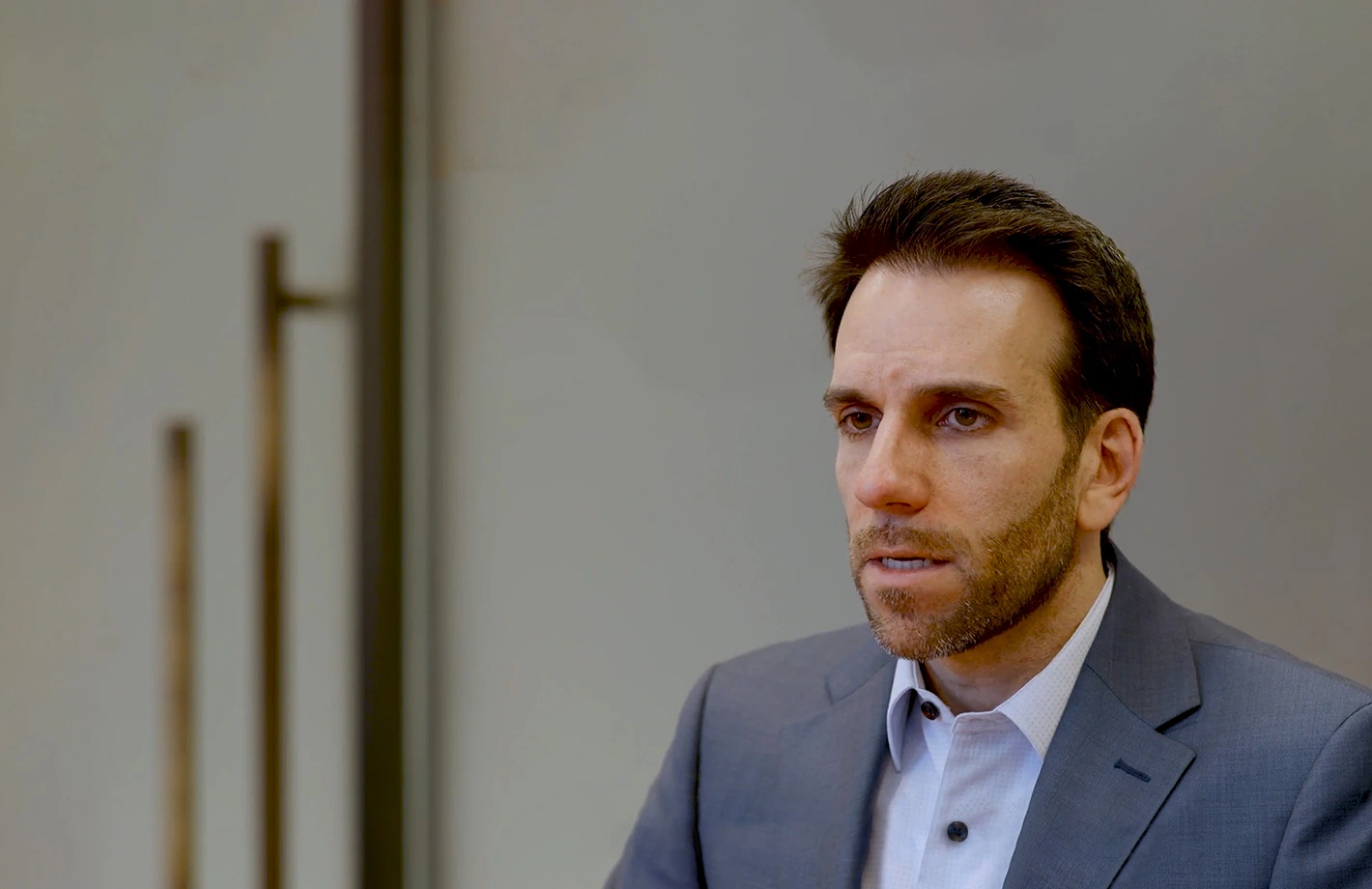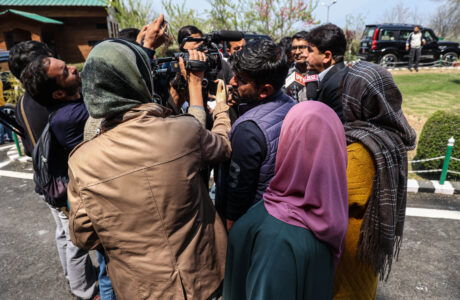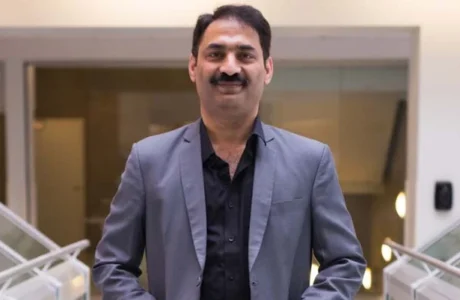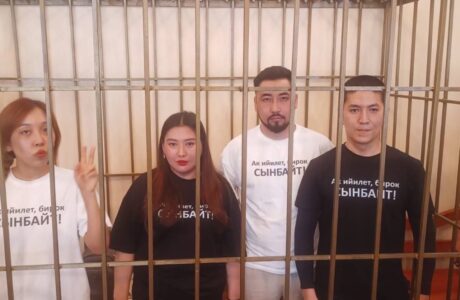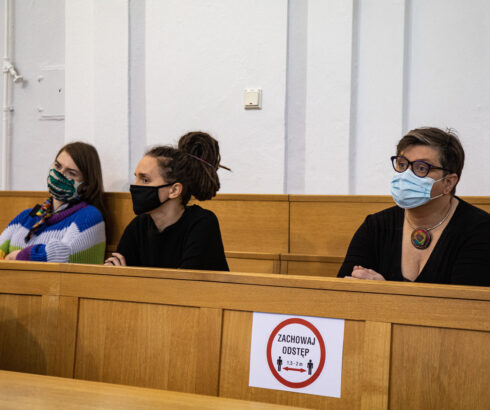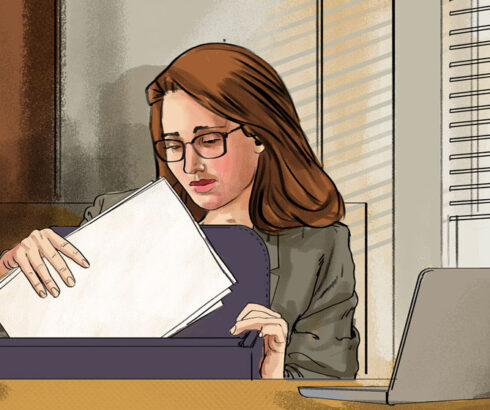Launched in 2019, TrialWatch provides free legal aid to journalists and democracy defenders who are unfairly imprisoned to secure their release and uphold freedom of speech.
It is the first global initiative that monitors criminal trials globally, exposing unfair trials and challenging laws that are repeatedly weaponized against freedom of speech in the courts. The initiative has freed or secured reduced charges for dozens of journalists facing unfair prison sentences and sham charges.
Did you know
Our monitoring and advocacy have successfully led to the acquittal or release of wrongfully prosecuted individuals in dozens of trials.
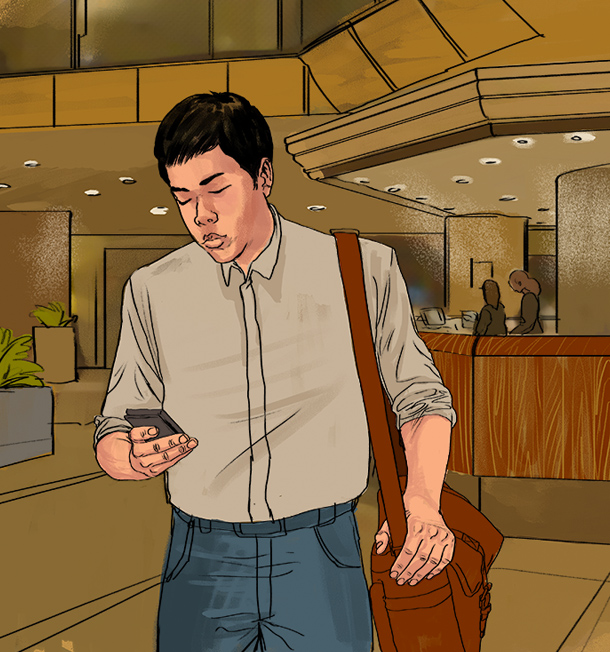
A first-of-its-kind global monitoring initiative
TrialWatch partnered with the United Nations to develop a training course for future trial monitors, establishing an online certification program now available in six languages.
“TrialWatch will help in ensuring that international fair trial standards are upheld and the voice of victims is heard. This is human rights advocacy in its purest form,” said then-UN High Commissioner for Human Rights Michelle Bachelet on the launch of TrialWatch.
In many cases, a monitor’s presence in the courtroom can in itself have a direct impact. Defendants whose trials we have monitored have said that TrialWatch’s monitoring sends a message to those who seek to silence them that the world is watching—that any violation of the defendant’s rights will be exposed far and wide.
The data gathered throughout the monitoring process forms the basis of our efforts in the next two steps: evaluation and advocacy.
If a defendant is detained before trial, our experts assess whether the detention complies with international standards. Once a trial starts, our monitors are trained to flag potential abuses, such as a defendant being denied access to a lawyer, a court shutting the public out of a trial, or even the prosecution using torture-tainted statements. We send monitors’ notes straight to our experts, who assess whether the proceedings comply with fair trial guarantees.
Our advocacy approach is as nuanced as the challenges we face: including advocacy in international, regional and national courts, submissions to UN bodies and diplomatic or communications outreach. TrialWatch’s forthcoming Global Justice Index will be a crucial piece of TrialWatch’s unique advocacy approach.
Advocacy begins even before a trial and continues past its conclusion. We start concentrating global attention on a case when we announce our intent to monitor the trial, which lets those in the courtroom and beyond know that the world is watching. During trials, our monitors may witness serious abuses that we need to address right away, before the verdict. In a number of cases, our advocacy corrected the course of a trial or remedied a violation before it was too late.
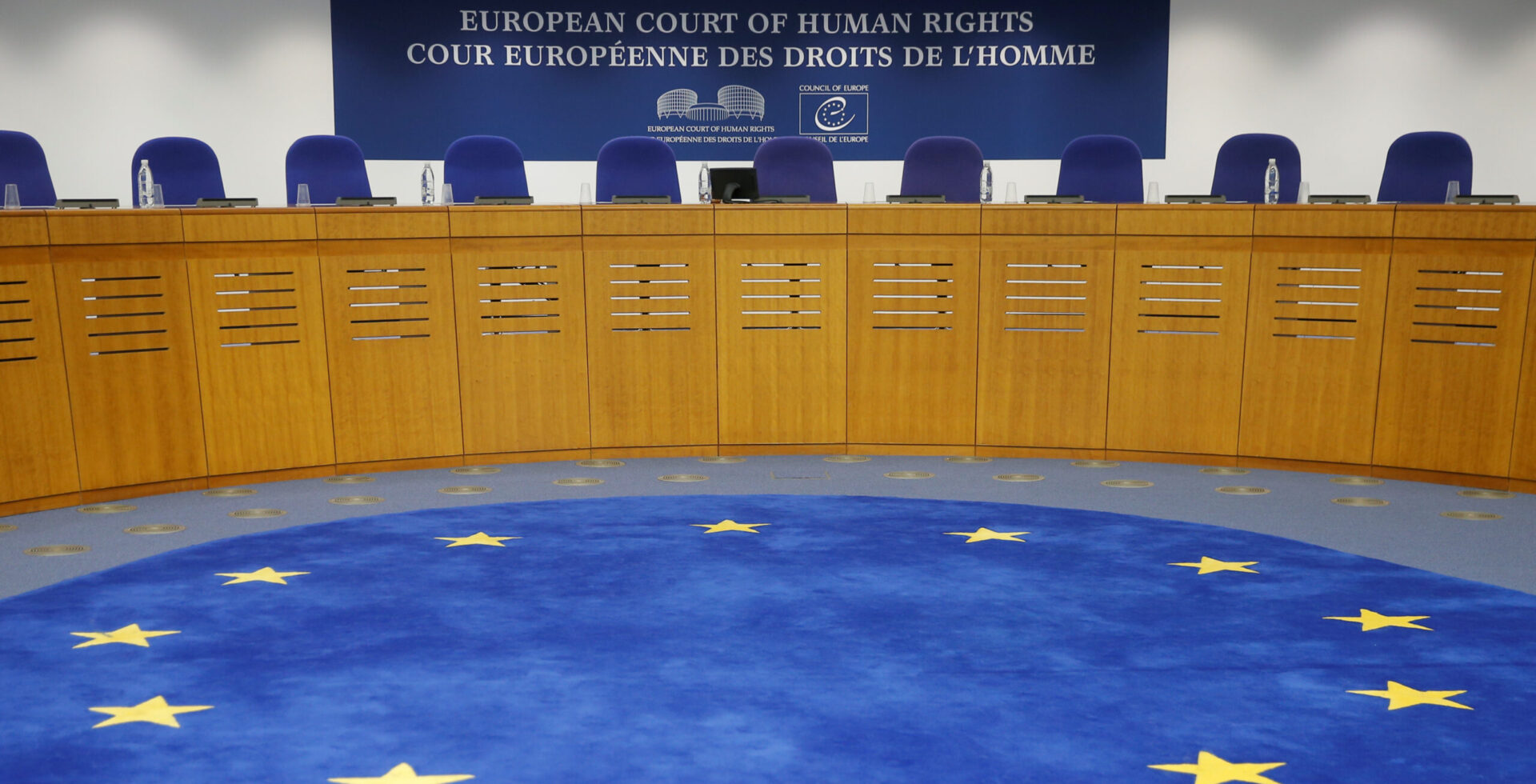
Global Legal Advocacy
CFJ has successfully intervened in cases before regional human rights courts such as the European Court of Human Rights, the Inter-American Court of Human Rights, and the African Court of Human and Peoples’ Rights, and supported constitutional challenges to the laws that facilitate unjust prosecutions.
Did you know
A 2025 TrialWatch report took the most in-depth look yet at the criminalization of journalists across various states in India. An interactive database visualizes our analysis of 423 criminal cases between 2012 and 2022, in which 427 journalists faced charges. Our partners interviewed 48 of them, representing a cross-section of all cases.
You can access the searchable database here. The report is available here.
